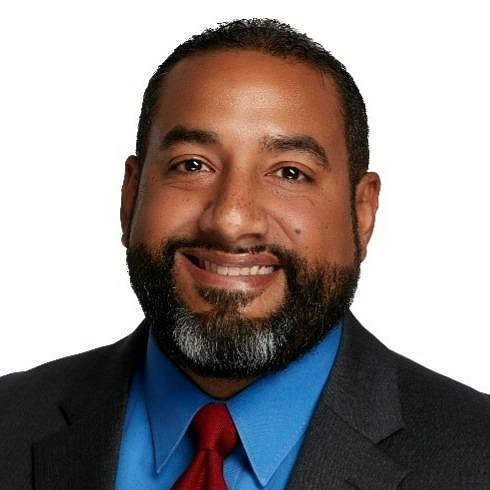
“Professionalism and civility. Anything less will not be tolerated.”
If you have been to an investiture, courtroom or chambers in the Duval County Courthouse, you have most likely seen these words engraved on the plaque given to each judge by the American Board of Trial Advocates.
The plaque symbolizes what our entire profession should embody: integrity, accountability, transparency and respect in our interactions with one another.
Attorneys and judges who travel to other circuits for cases or Bar activities can attest that the professionalism and civility in Northeast Florida rivals most other circuits. However, even within our own circuit, there is still much work to be done.
When I switched from practicing criminal law to civil law, it amazed me how big a change the professionalism between parties takes when it comes to the adversarial nature of the civil practice of law.
The criminal practice of law literally is dealing with people’s lives and yet disputes are worked out much more cordially between parties, often with a phone call or a meeting during morning calendar.
It seemed as if you could trust what someone said without it being reduced to writing to ensure the accuracy of a statement.
In a practice where we deal primarily with money, why are professionalism and civility so drastically different?
I was recently at a Chester Bedell Inn of Court meeting with a panel on professionalism. Circuit Judge Marianne Aho made an insightful comment, commending the criminal Bar on the professionalism shown on a daily basis.
The way the prosecutors and defense attorneys interact to move cases is truly an example of how the adversarial system should work.
Judge Aho put it very succinctly, simply stating that the prosecutors and defense attorneys have to see each other every day. They know that they must see the opposition, most likely, in the near future on the next case.
Perhaps that is why they are more professional and civil to one another. Perhaps that is why issues are more easily resolved and there is not a “hide the ball” type practice.
Daily interactions provide more opportunity for the opposition to get a better understanding of who you are, how you practice and that you can be trusted on your actions and words.
In the civil arena, you may have a case with one attorney and never see that individual again.
I think about how some within the civil arena have become too enamored with the “winning at all costs” mentality and how they have forgotten that in any adversarial system there must be a loser.
Most civil practitioners share a common personality trait. No matter what, we hate to lose.
However, our morals and ethics should never be compromised by our drive to win. The fact that you may have only one interaction with an attorney on the opposite side should be an opportunity to show them that you are a person of your word, that you are a person of integrity, that you will be transparent and accountable in your interactions with that individual and, above all, will treat them with respect.
When a case is resolved and, no matter the outcome, your adversary can walk away knowing that you have integrity and treated with them respect, I believe that is a true win.
So whether we are working as solo practitioners or chairing professionalism seminars, we should look inside and try to embody and emulate those fundamental principles at the core of our standard of practice and procedure.
In doing so, we can proudly uphold our reputation as the most professional and civil judicial circuit in Florida.
David Thompson is a personal injury attorney at Farah & Farah.